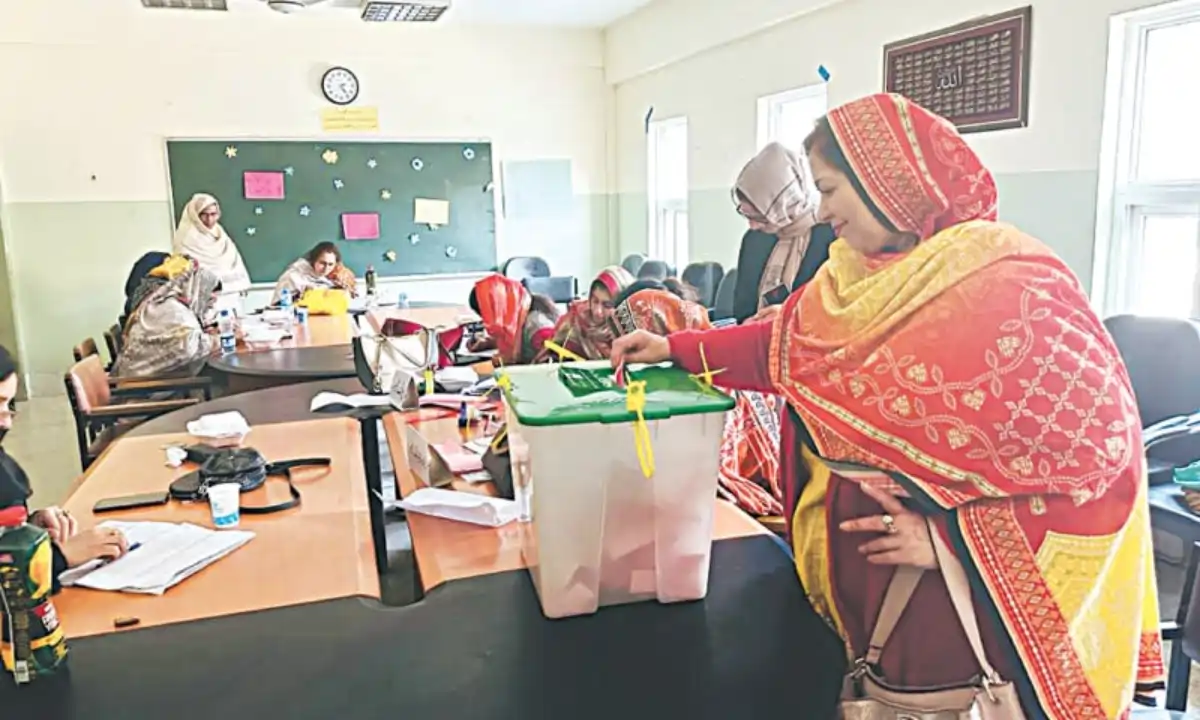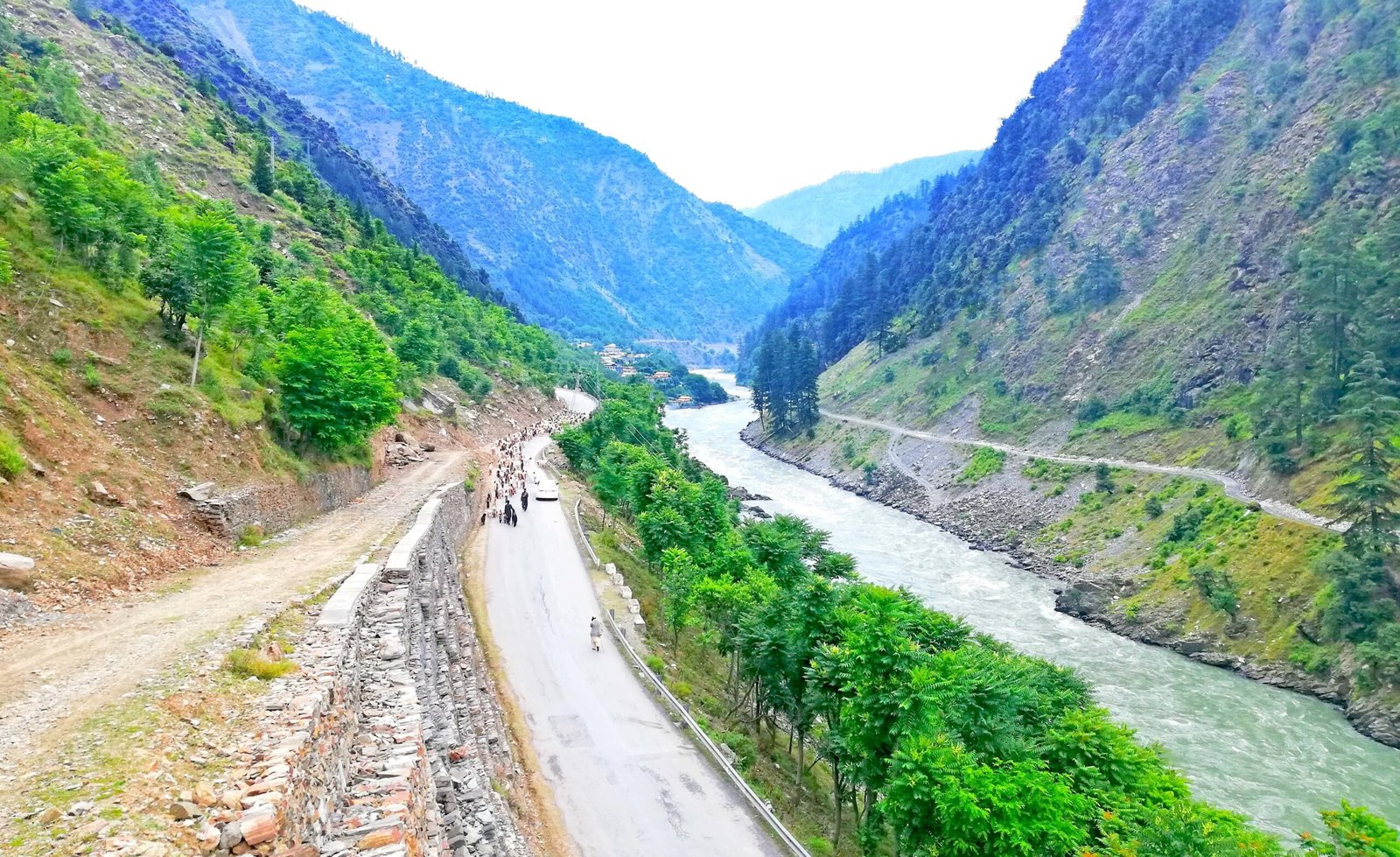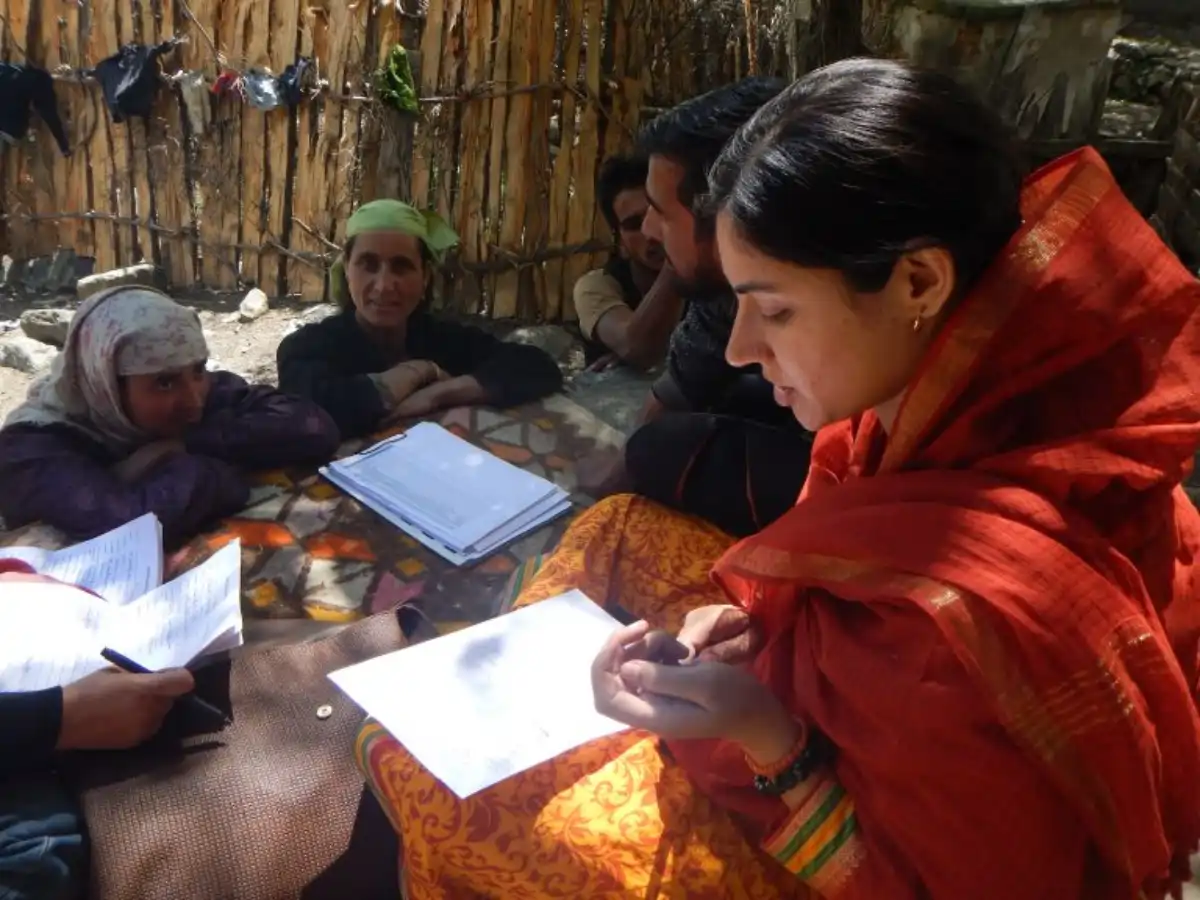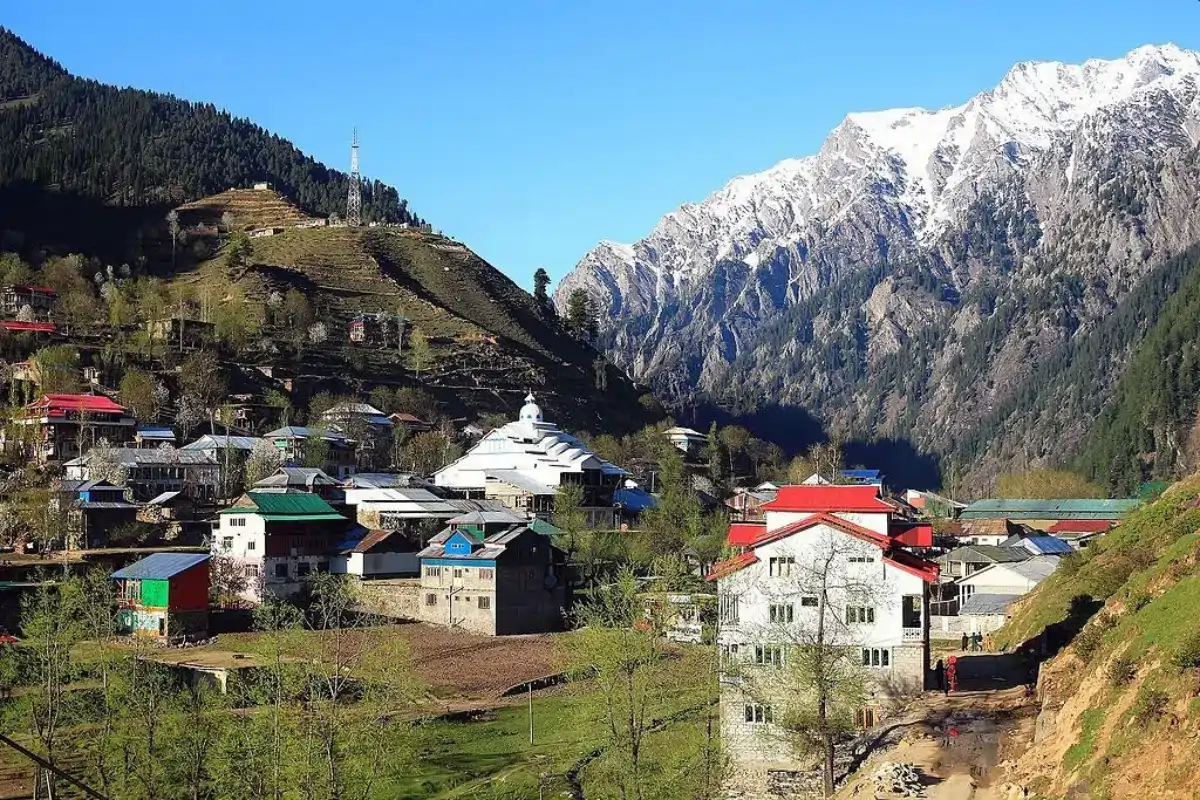
Empowering Women in Kashmir: Paving the Way for Progress
Women in Kashmir are stepping into roles of power and influence, transforming their communities, and paving the way for a brighter tomorrow. From expanding educational opportunities to becoming leaders in
Women in Kashmir are stepping into roles of power and influence, transforming their communities, and paving the way for a brighter tomorrow. From expanding educational opportunities to becoming leaders in business and politics, women in Kashmir has made a truly remarkable remarkable progress. However, challenges remain, particularly in rural areas, where deep-rooted traditions and limited resources continue to pose significant barriers. This blog explores the evolving role of Kashmiri women in Azad Kashmir’s development and offers insights into their journey toward empowerment.
Women in Education: A Growing Force for Change
Education is a key driver of change, and women in Azad Kashmir are increasingly embracing this path to progress. Over the past few decades, female literacy rates have soared, thanks to the growth of educational institutions and a society slowly becoming more supportive of girls’ education. Today, girls are enrolling in schools at higher rates than ever before, particularly in urban areas.
However, challenges remain. Though primary and secondary school enrollment has improved, many girls face barriers when it comes to higher education. Early marriages, societal pressures, and financial constraints often force them to drop out before they can complete their degrees. Still, many women continue to pursue higher education, particularly in fields like healthcare, education, and administration. These educated women are becoming vital contributors to Azad Kashmir’s workforce.
Women in Kashmir Breaking Barriers and Building Businesses
Historically, women’s participation in the formal labor market in Azad Kashmir has been low due to cultural norms and limited opportunities. Yet, the landscape is changing. More women are now entering diverse fields such as teaching, healthcare, and administration. The rise of digital platforms has opened new doors, enabling women to explore online businesses, education, and freelance work in areas like graphic design and content writing.
In addition to formal employment, women in Azad Kashmir have been thriving in the informal economy. Small businesses, especially those related to agriculture, handicrafts, and traditional Kashmiri crafts like shawls and carpets, have become an important source of income for many women. These women-run businesses not only provide financial independence but also preserve the region’s rich cultural heritage.
Women in Kashmir Politics
While political participation has traditionally been a challenge for women in Azad Kashmir, recent years have seen a shift. Women have secured seats in the Azad Kashmir Legislative Assembly through reserved quotas, with some emerging as local leaders and activists. These women are increasingly involved in social causes such as education, healthcare, and gender-based violence.

Despite this progress, societal and political barriers still limit their full participation in higher levels of governance. It is essential to continue advocating for women’s rights in the political arena to ensure that they have an equal voice in decision-making processes.
Inspiring Kashmiri Women Entrepreneurs and Leaders
In recent years, several women in Azad Kashmir have defied traditional expectations and emerged as successful entrepreneurs and community leaders. These women are reshaping the landscape of the region, demonstrating the power of determination and resilience.
Crafting a Future of Independence
Introducing high-yield crop types that are more hardy and productive is one of the main initiatives. To increase water efficiency, especially in drought-prone To achieve financial independence, a large number of women in Azad Kashmir have resorted to entrepreneurship. Women have left their imprint on industries like food production, handicrafts, and agriculture. Women-led enterprises that produce exquisite traditional Kashmiri goods including shawls, carpets, and handwoven fabrics have been established. In addition to giving women a living, these companies help to maintain Azad Kashmir’s cultural legacy.
Women in Kashmir Leading the Charge for Social Change
Some women in Azad Kashmir have emerged as powerful community leaders and social activists. These women are working tirelessly to address social issues such as gender-based violence, and access to education, and healthcare. Their leadership is breaking down barriers and inspiring others to follow their path. These women are proving that female leadership can create real, lasting change in their communities.
Challenges Faced Women in Kashmir Rural Areas
Women in rural Azad Kashmir continue to face significant challenges despite the progress in urban areas. In many rural communities, traditional cultural norms still restrict women’s mobility, independence, and access to resources. Expectation of prioritizing the house duties over a job limits their opportunities for education and employment.
Cultural and Societal Norms
One of the significant snags for ladies in rustic Azad Kashmir is early marriage. Many young girls can not completed their education and get married. These cultural standards keep on limiting their capacity to accomplish autonomy and independence.
Barriers to Growth
In rural areas, women face challenges in accessing basic resources such as healthcare, education, and financial support. Healthcare facilities are often scarce, and women struggle to travel long distances for medical help due to limited transportation options. The shortage of female doctors and healthcare workers compounds this issue.
Moreover, rural women often have limited access to financial resources, making it difficult for them to start or expand businesses. The lack of financial literacy and business training further hinders their entrepreneurial potential.
Violence and Discrimination: A Harsh Reality
Introducing high-yield, drought-resistant crops is a key initiative to boost productivity and water efficiency. In Azad Kashmir, gender-based violence remains a serious issue in rural areas, with women facing early marriage, domestic violence, and discrimination in inheritance and property rights. Many remain trapped in abusive situations due to fear of retaliation and limited legal protection.

Policy Recommendations: Moving Towards Gender Equality
Targeted policy initiatives are essential to foster a more inclusive and equitable future for women in Kashmir. Here are some recommendations:
- Expanding Access to Education: The government must invest in providing scholarships, safe transportation, and other resources for girls, particularly in rural areas. In order to reduce dropout rates, government needs to address the financial and social barriers to higher education.
- Promoting Women’s Employment and Entrepreneurship: Introducing high-yield crop types that are more hardy and productive is one of the main initiatives. Its essential to financial empower women entrepreneurs through microfinance, training, and leadership development programs.
- Strengthening Legal Protections and Support Systems: Stronger laws against domestic violence, sexual harassment, and discrimination are essential. Expanding access to legal aid, establishing shelters, and creating support systems for women will ensure that their rights are protected.
- Raising Awareness and Changing Attitudes: Public mindfulness crusades should challenge unsafe social standards and accentuate the significance of ladies’ privileges. These missions ought to likewise feature the benefit of teaching young ladies and advancing ladies’ authority.
- Political Empowerment: Increasing women’s representation in politics and decision-making positions is crucial. Strengthening the quota system and encouraging women to take up leadership roles at the local level will help amplify their voices in policymaking.
A Brighter Future for Women in Kashmir
The job of women in Azad Kashmir’s improvement is unquestionable. They have taken critical steps in training, business, and governmental issues, yet much work stays to guarantee full orientation uniformity. By tending to the difficulties faced by women, especially in country regions, Azad Kashmir can open the maximum capacity of its female populace, adding to a more splendid and more comprehensive future for all.
As the travel industry grows in Azad Jammu and Kashmir, there’s a chance to highlight the vital role of women in the region’s development. The beauty of Kashmir’s landscapes mirrors the strength and resilience of its women, who are shaping a future of promise and progress.








